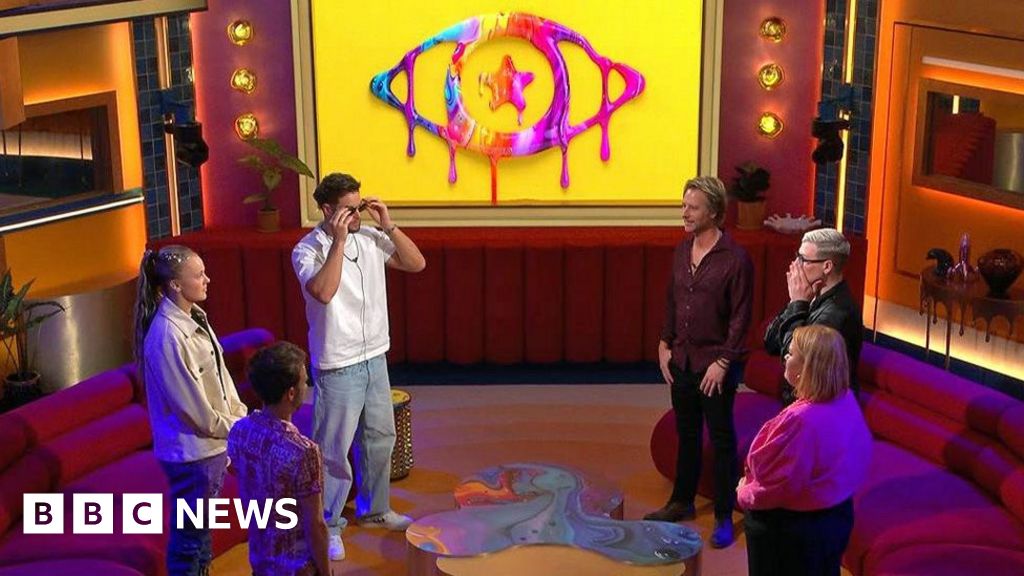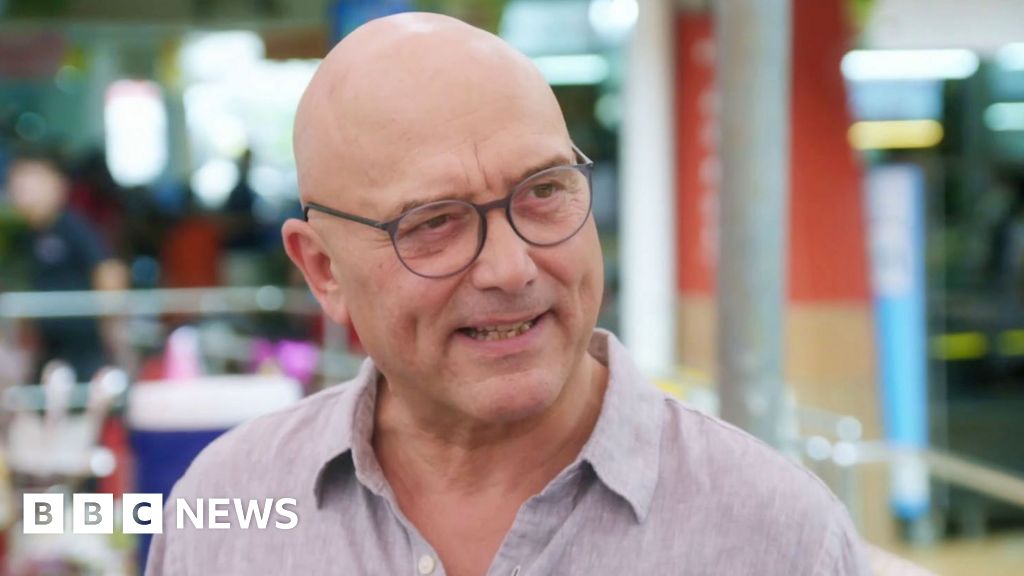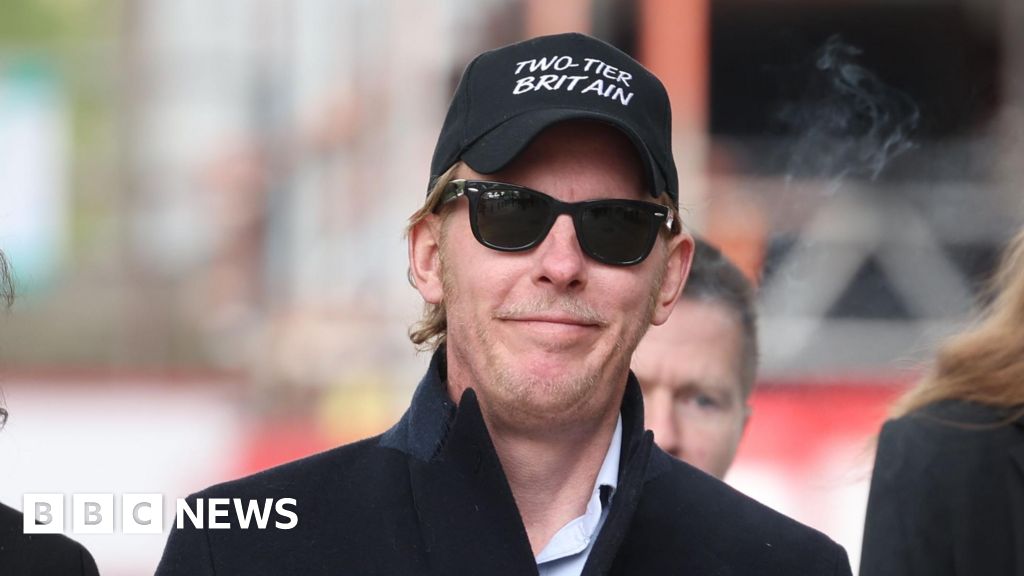ARTICLE AD BOX
George Alagiah said his life and family "didn't feel like a failure"
BBC newsreader George Alagiah has said he thinks the cancer he has had since 2014 will "probably get me in the end", but that he still feels "very lucky".
"I don't think I'm going to be able to get rid of this thing. I've got the cancer still. It's growing very slowly," he said on the podcast Desperately Seeking Wisdom.
Alagiah was first diagnosed with stage four bowel cancer in April 2014.
But he said he was able to look back at the "great good fortune" in his life.
Speaking on the podcast with ex-Downing Street director of communications Craig Oliver, Alagiah said that when his cancer was first diagnosed, it took a while for him to understand what he "needed to do".
"I had to stop and say, 'Hang on a minute. If the full stop came now, would my life have been a failure?'
Alagiah reported from Rwanda in 1994
"And actually, when I look back and I looked at my journey... the family I had, the opportunities my family had, the great good fortune to bump into (Frances Robathan), who's now been my wife and lover for all these years, the kids that we brought up... it didn't feel like a failure."
He also spoke about his treatment, saying: "My doctor's very good at every now and again hitting me with a big red bus full of drugs, because the whole point about cancer is it finds a way through and it gets you in the end.
"Probably... it will get me in the end. I'm hoping it's a long time from now, but I'm very lucky."
Alagiah has also worked as a BBC News foreign correspondent and specialist on Africa and the developing world, covering events including the Rwandan genocide and interviewing Nelson Mandela and Archbishop Desmond Tutu.
'Recognise the humanity'
In October, the journalist said he was taking a break from TV to have treatment after "a further spread of cancer" was discovered. He said in June 2020 that the cancer had spread to his lungs, liver and lymph nodes.
When asked what piece of wisdom he would give, he spoke about the need for people to think more collectively.
"I think it would be to constantly ask the question, 'What is it we can do together?'" he said.
"I spent a lot of my time in Africa, and in South Africa they have a word: Ubuntu. It's the idea that I'm only human if I recognise the humanity in you.
"There's this collective notion of life which I think we have lost."

 3 years ago
31
3 years ago
31








 English (US) ·
English (US) ·